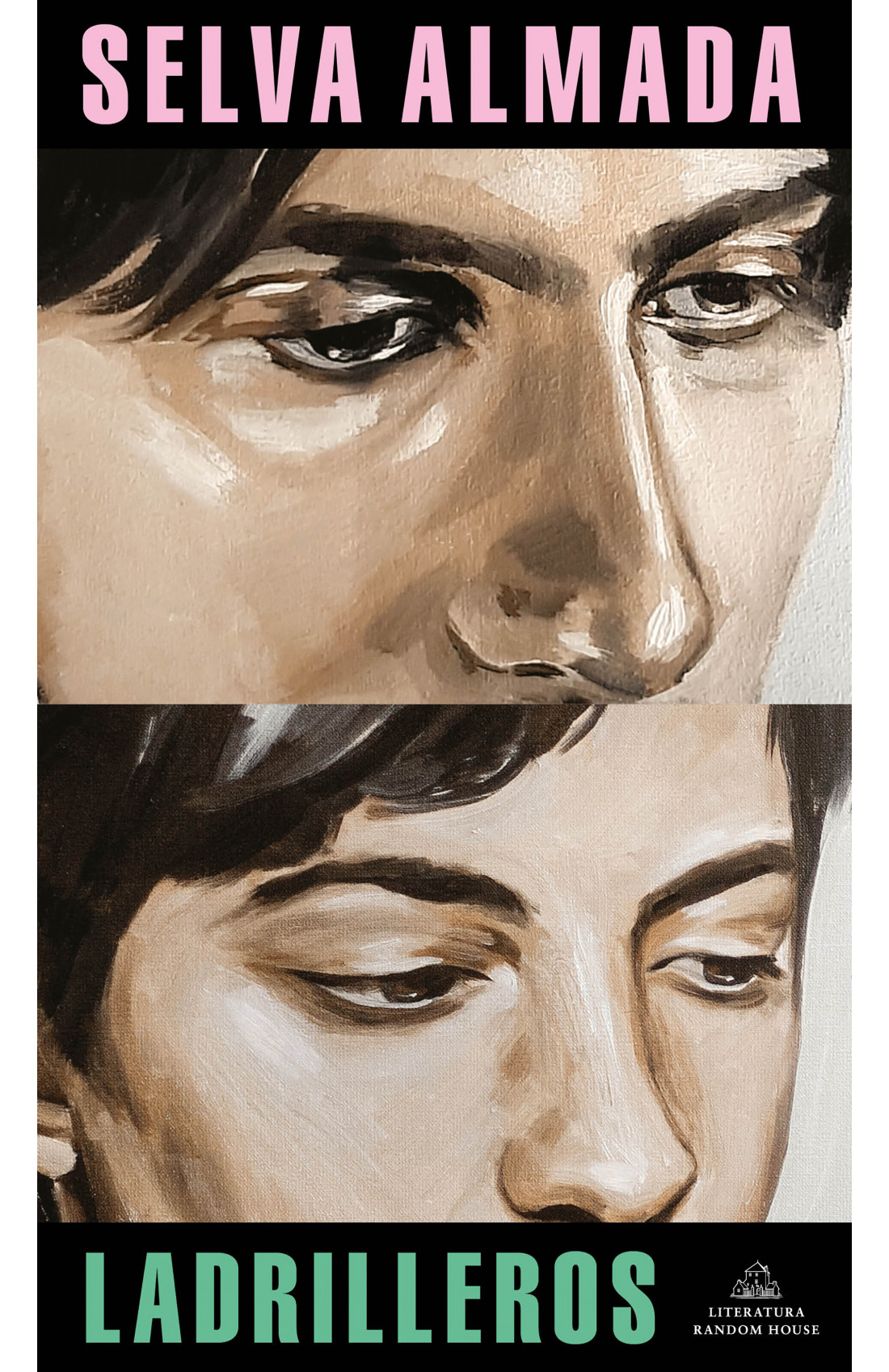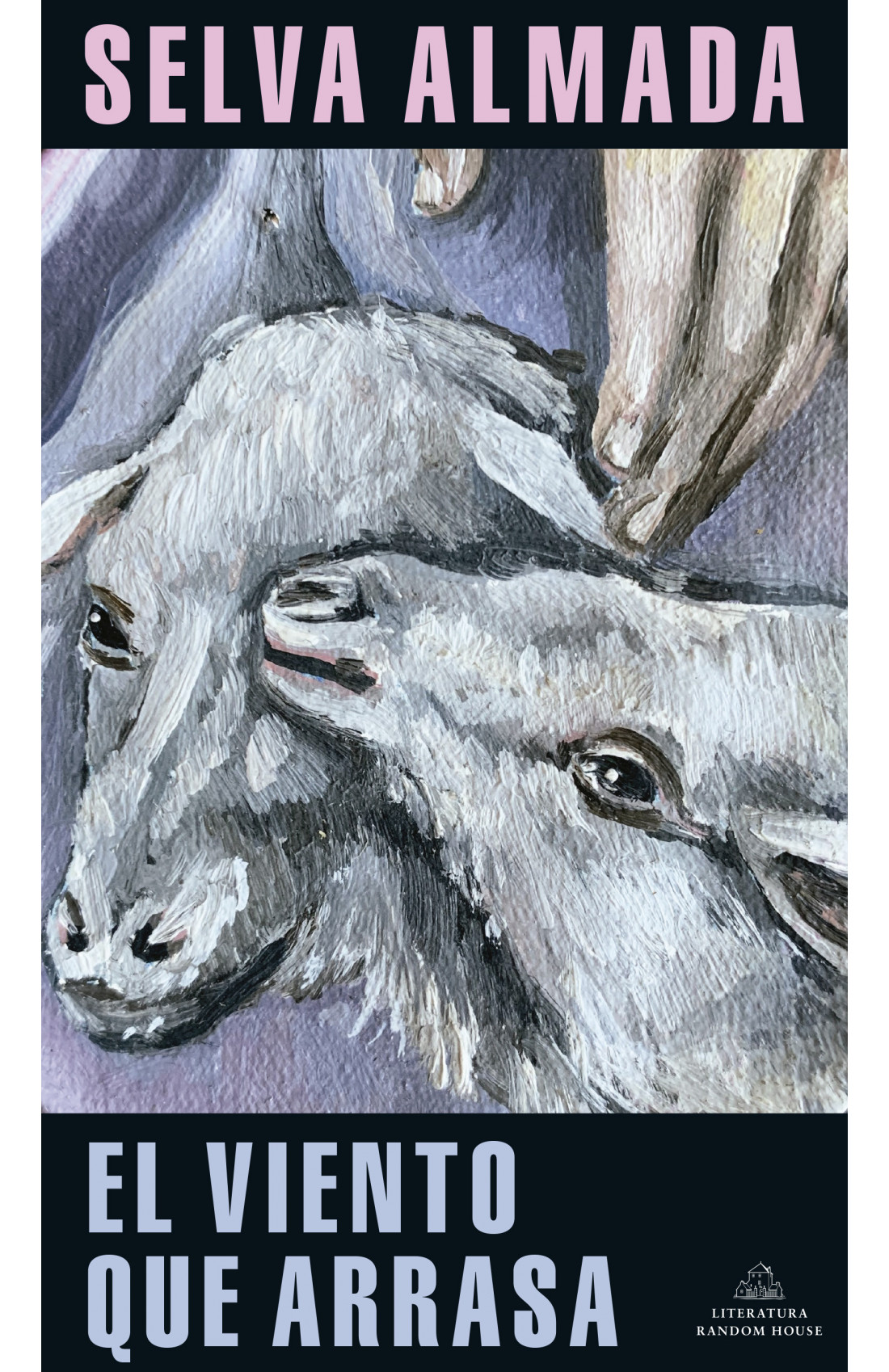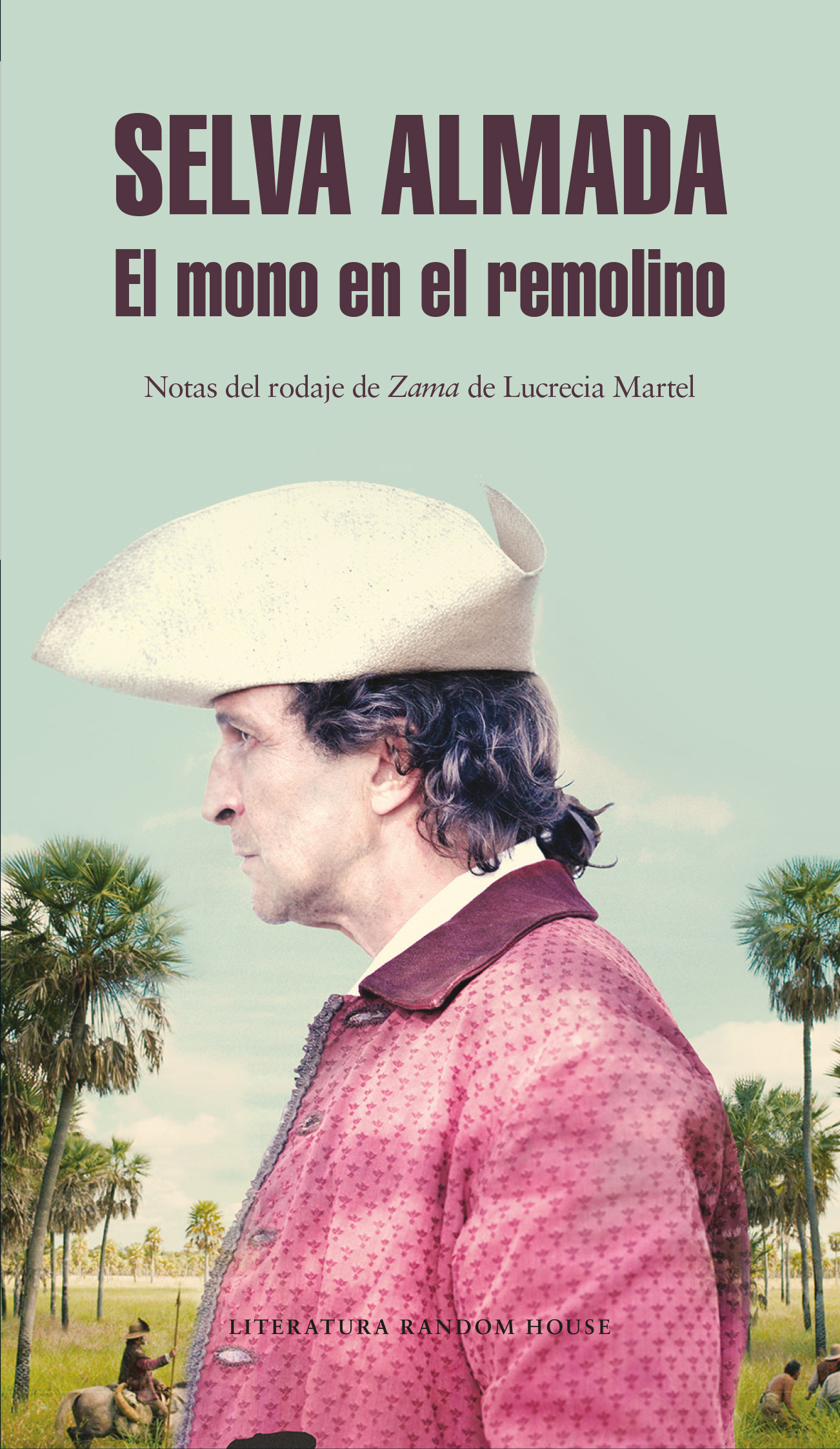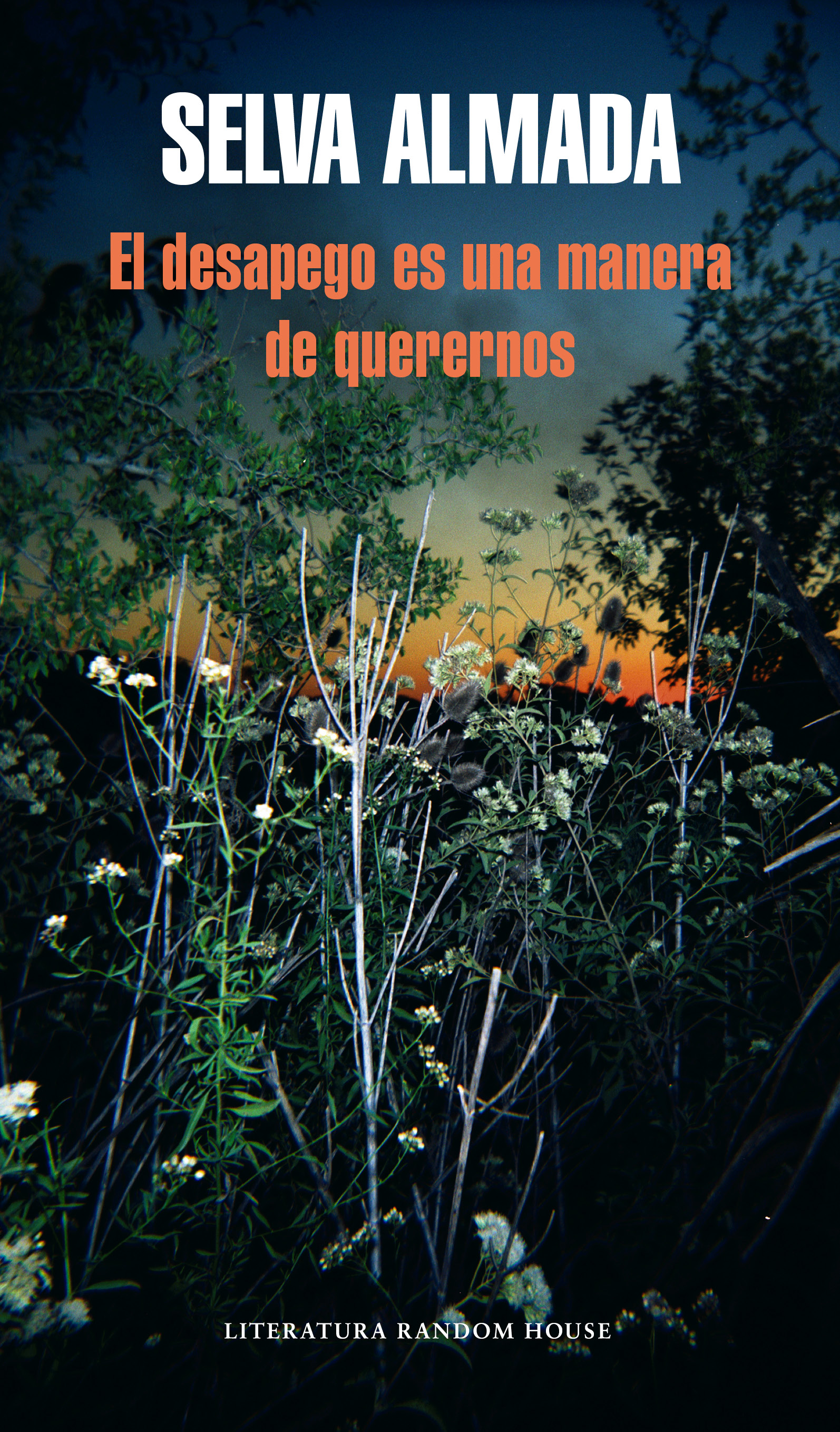
Brickmakers (Ladrilleros)
Published by
Latin America and Spain Literatura Random House, Lumen, Mardulce Editora / France Editions Métailié / Netherlands Meulenhoff / USA GrayWolf Press / UK Charco Press
Film rights sold
What can happen when the men of two families estranged by old hatreds —butthat, nevertheless, share prejudices, misery, and violence— fall in love?
Oscar Tamai and Elvio Miranda, the patriarchs of two families of brickmakers, have for years nursed a mutual hatred, but their teenage sons, Pájaro and Ángelito, some howfell in love. Brickmakers begins as Pájaro and Marciano, Ángelito’s older brother, lie dying in the mud at the base of a Ferris wheel. Inhabiting a dream like state between life and death, they recall the events that forced them to pay the price of their fathers’ petty feud.
The Tamai and Miranda families are caught, like the Capulets and the Montagues, in an almost mythical conflict, one that emerges from tubborn pride and intractable machismo.
Like her heralded debut, The Wind That Lays Waste, Selva Almada’s fierce and tender second novel is an unforgettable portrayal of characters who initially seem to stand in opposition, but are ultimately revealed to be bound by their similarities.
Almada enlarges the tradition of some of the most distinctive prosesty lists of our time. In Brickmakers, she furthers her extraordinary exploration of masculinity and the realities of working-class rural life.
Where does the detachment that makes an author original, novel and lucid, even when she wanders through waters visited before by classical writers such as Onetti, Juan José Saer or the writers from the American South, come from? In Almada, one discovers after reading her without breathing and without knowing her, you find the Onetti who wrote El Astillero y Juntacadáveres, but also the Faulkner of As I lay dying and Sanctuary. Cristián Alarcón, Babelia, El País
[A] succinct and pulsating revengers’ tragedy (which the publishers compare to William Faulkner) (…) Such is Almada’s command of shape and pace (…) that we take Brickmakers on its own uncompromising terms —as pulp, tragedy and epic all at once. Boyd Tonkin, The Arts Desk
Selva Almada shows the violent impulses that come to the surface in rural Argentina. From an incisive and cutting writing that softens throughout the narration, the author takes the reader towards a reality in which pain, betrayal and fear turn into everyday nature in the rural universe of her country. Ariane Singer, Le Monde
Ladrilleros keeps the tension until the end through a simple story with complex characters who are attractive and full of nuances. Página 12
As in the best novels of Faulkner, Hemingway, Onneti or Vargas Llosa, Selva Almada hides an essential fact in her narration (…) and that secret information shakes us with a furious discharge. Fernando Iwasaki, El Mercurio
Almada reconstructs the experience of a town in the provinces with extreme precision; she discovers its rules and recreates its language by not only looking for the sonority of its words but also the complexity of their meanings. Martín Lojo, ADN, Argentina
Almada examines a cracked territory, at the south of Juan Rulfo and Faulkner, and she decides to do it with a dry prose, few stylistic flourishes and a neutral tone, almost a non-tone. The fiction, her story is too savage. Alberto Gordo, El Cultural
Almada is forceful in her depictions of sex, violence, and rage. I feel her prose in my body: a punch in the gut, the sharpness of glass. Morgan Graham, Chicago Review of Books
Almada’s breathtaking multigenerational tragedy is a haunting, unforgettable examination of the lasting consequences of careless inhumanity. Terry Hong, Shelf Awareness
*(The novel’s title alludes to the protagonists’ trade: making bricks in a traditional manner is a common job among the working classes of northeastern Argentina, the setting of the story)





